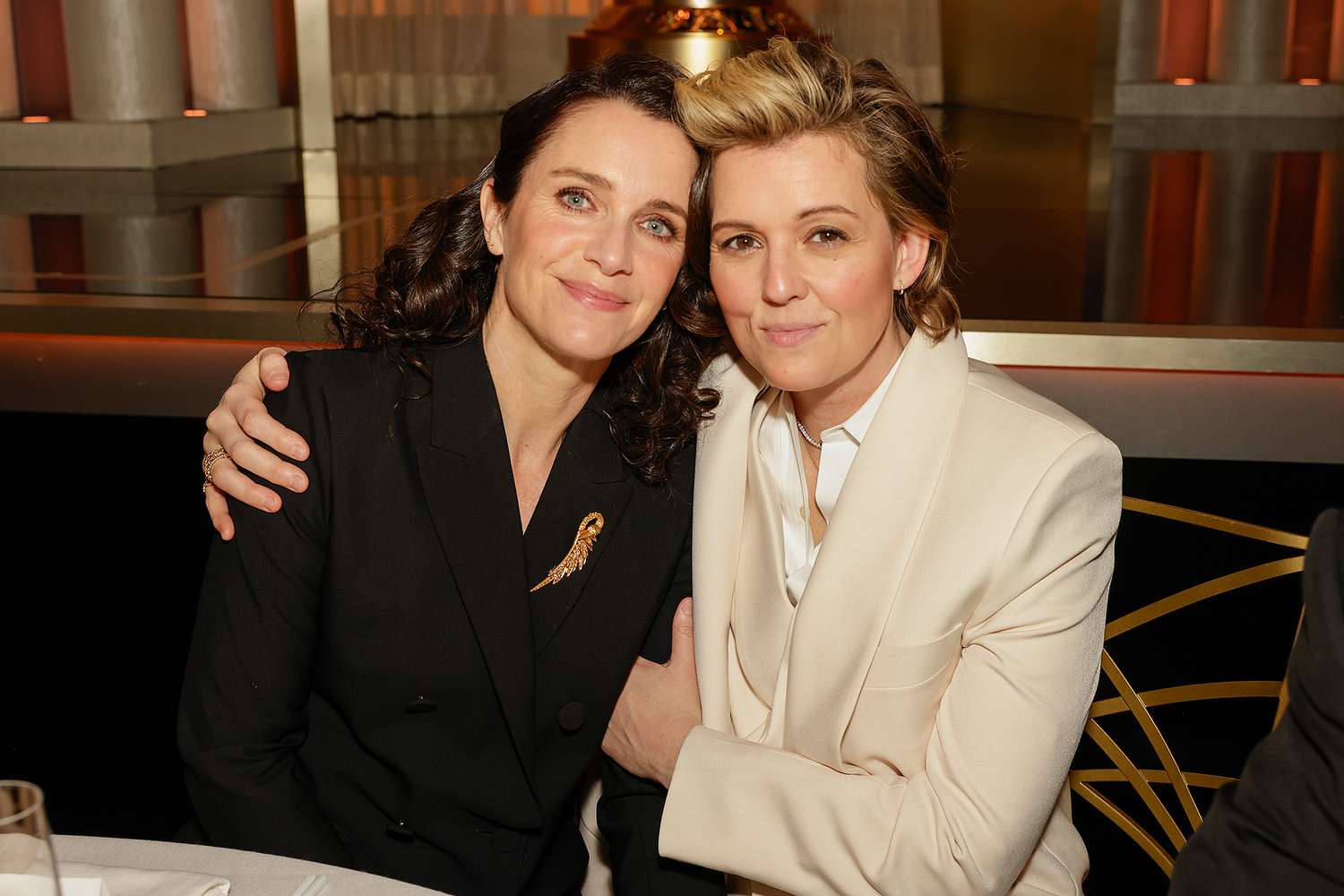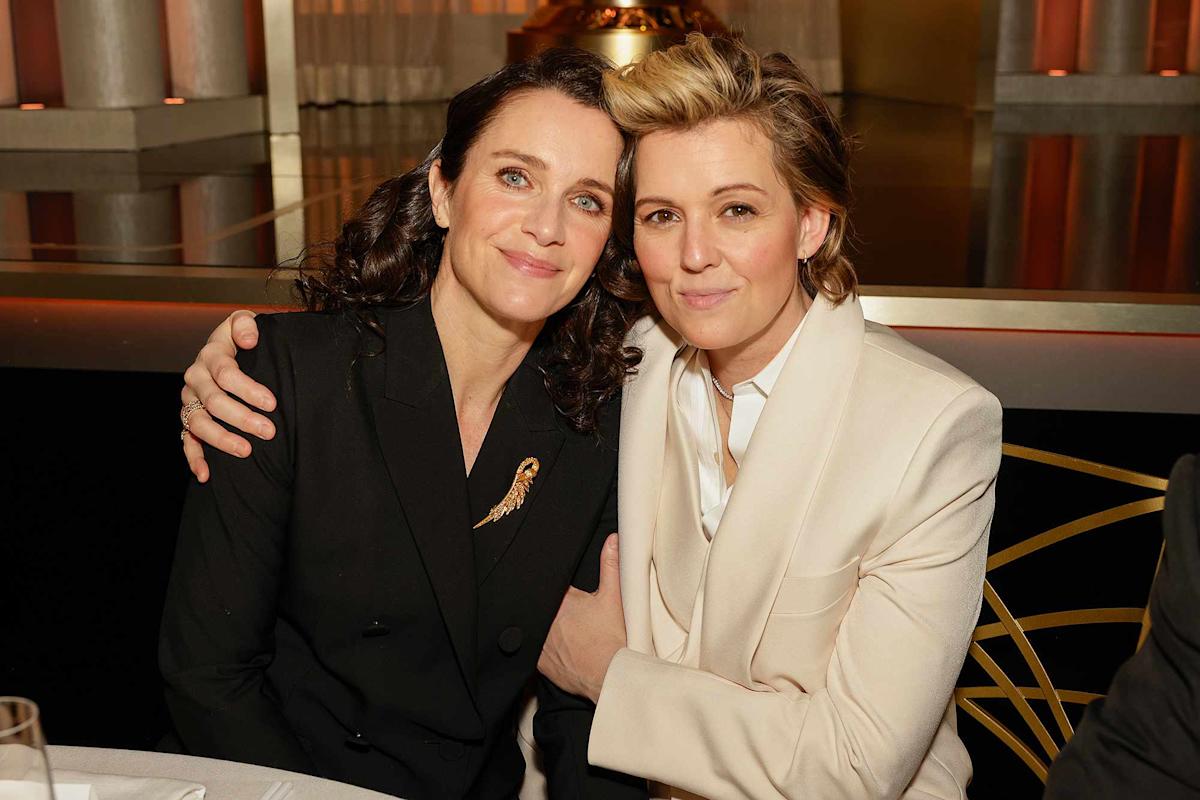They met over the phone in 2009, married in 2012. A decade later, Brandi Carlile and Catherine Carlile’s relationship isn’t just a personal milestone; it’s now a major talking point for the 2025 CMA Awards. But why now, and at what cost?
The Real Story
The country music establishment, long accused of being behind the times, is suddenly keen to highlight its ‘inclusive’ stars. Carlile, a celebrated artist, finds her marriage to Catherine Carlile amplified across every major outlet. Is this genuine evolution or calculated window dressing for an industry desperate for new demographics? Nashville has a history of selective acceptance, packaging narratives for mass consumption. Money talks, and optics matter more than ever. Every headline, every feature, positions her personal life as a key narrative driver for a genre needing a facelift. It’s not just about her music anymore; it’s about what her relationship represents for the brand of country music.
“They aren’t just celebrating Brandi; they’re celebrating their own imagined progressiveness,” one Nashville insider, requesting anonymity to avoid career suicide, scoffed. “It’s good for ratings, good for sponsorships, and costs them nothing but a few headlines. Don’t mistake a spotlight for genuine, widespread change.”
Why It Matters
This isn’t merely a romantic profile; it’s a strategic corporate maneuver. The CMA Awards, forever chasing relevancy and battling accusations of homogeneity, uses Carlile’s marriage as a shield against criticisms. It’s about diversifying the audience, attracting new sponsors, and proving ‘country music for all.’ But true integration means moving beyond tokenizing personal lives. It demands real systemic shifts within the industry, not just red-carpet soundbites. The financial implications are clear: broaden the appeal, broaden the revenue streams. Authenticity, however, is a much harder commodity to fake, and the audience is increasingly savvy to the difference between performative allyship and genuine acceptance.
The Bottom Line
The country music industry, particularly the CMA, is banking heavily on Brandi Carlile’s public persona to signal its modernization. If this calculated embrace doesn’t translate into genuine, widespread inclusion and support for a diverse array of artists beyond a select few, the facade will crumble. The genre risks remaining trapped in its own self-congratulatory echo chamber, alienating both its traditional base and the new audiences it so desperately seeks.


